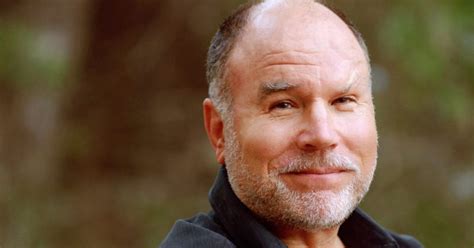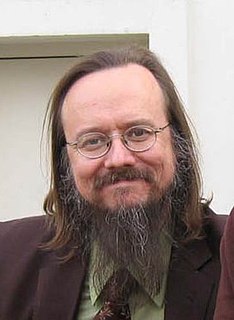A Quote by Carl Jung
Who has fully realized that history is not contained in thick books but lives in our very blood?
Related Quotes
According to energy medicine, we are all living history books. Our bodies contain our histories- every chapter, line and verse of every event and relationship in our lives. As our lives unfold, our biological health becomes a living, breathing biographical statement that conveys our strengths, weaknesses, hopes and fears.
Blood is very powerful. While meat is the substance that keeps our living souls in this physical reality, blood keeps our meat alive. Blood is liquid life. When blood escapes our bodies we are alarmed to the very core of our brains. It is life leaking out of us. It is frightening and makes red a profoundly intense color.
The thing is, for me, as a fiction writer, I don't think there's a finer testament to our lives than this thing that's being spurned - the emotional intelligence, the ethics, the beauty. It's all there. It's all so fully contained in a novel that succeeds. But at the same time, I understand the impulse to put away childish things.
I think history is only ever invisible when it abets your sense of self, your desires, your ambitions, when it carries your life along in a kind of frictionless way. History is never invisible, finally, though some people seem to work very hard to be willfully blind. That's too harsh, or too self-righteous: none of us sees history fully; none of us is adequately aware of how the arrangements of the present moment foreclose the possibilities of others to fully live their only lives.
He comes to us in the brokenness of our health, in the shipwreck of our family lives, in the loss of all possible peace of mind, even in the very thick of our sins. He saves us in our disasters, not from them. He emphatically does not promise to meet only the odd winner of the self-improvement lottery. He meets us all in our endless and inescapable losing.
I realized that most white Americans knew very little about our history and our struggle, and were having difficulty understanding the basis for our agitation and our resistance and our complaints. I also discovered that while black Americans had a sense of the beauty and tragedy of the journey from the time of slavery until now, we were not rooted in the specifics. I thought one way to familiarize people with that history would be through the voices of the great folk artists.
The books in Mo and Meggie's house were stacked under tables, on chairs, in the corners of the rooms. There where books in the kitchen and books in the lavatory. Books on the TV set and in the closet, small piles of books, tall piles of books, books thick and thin, books old and new. They welcomed Meggie down to breakfast with invitingly opened pages; they kept boredom at bay when the weather was bad. And sometimes you fall over them.





































